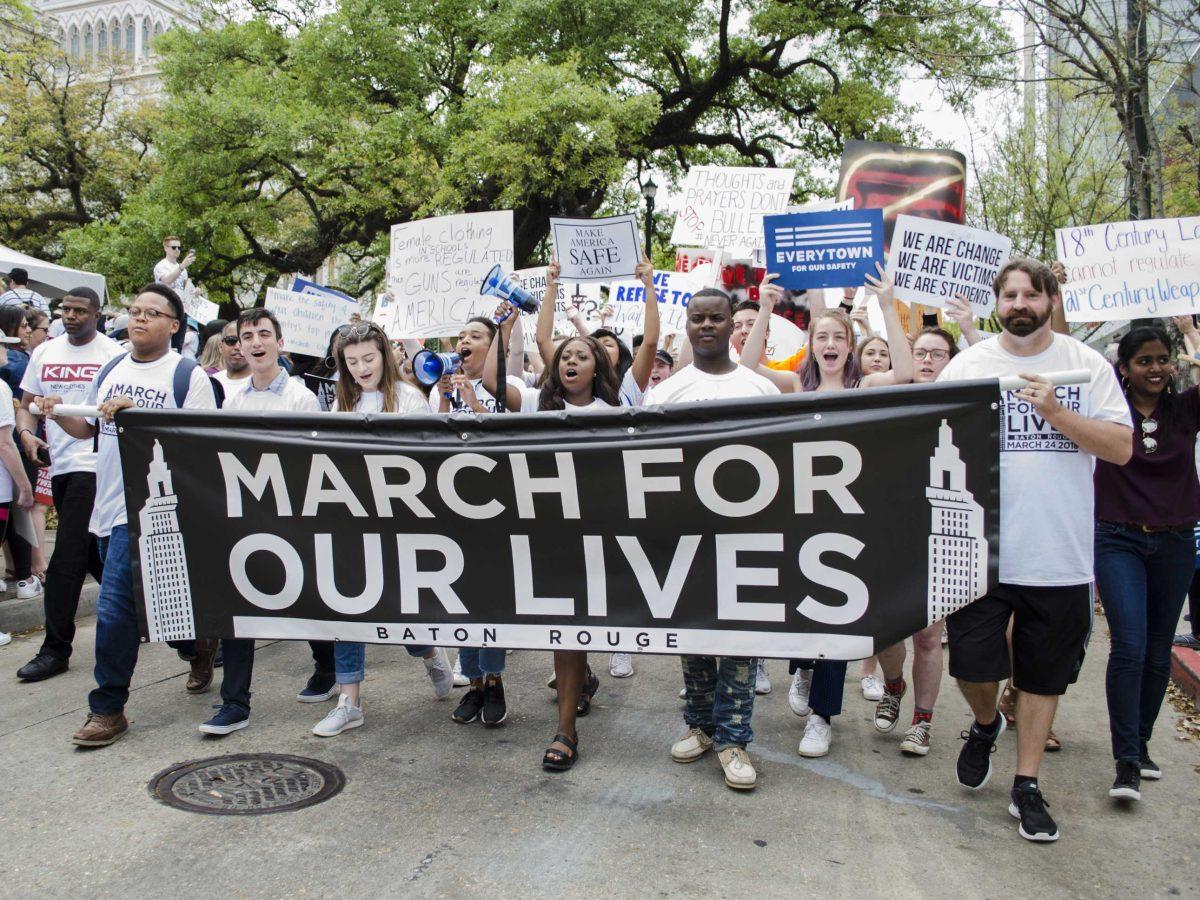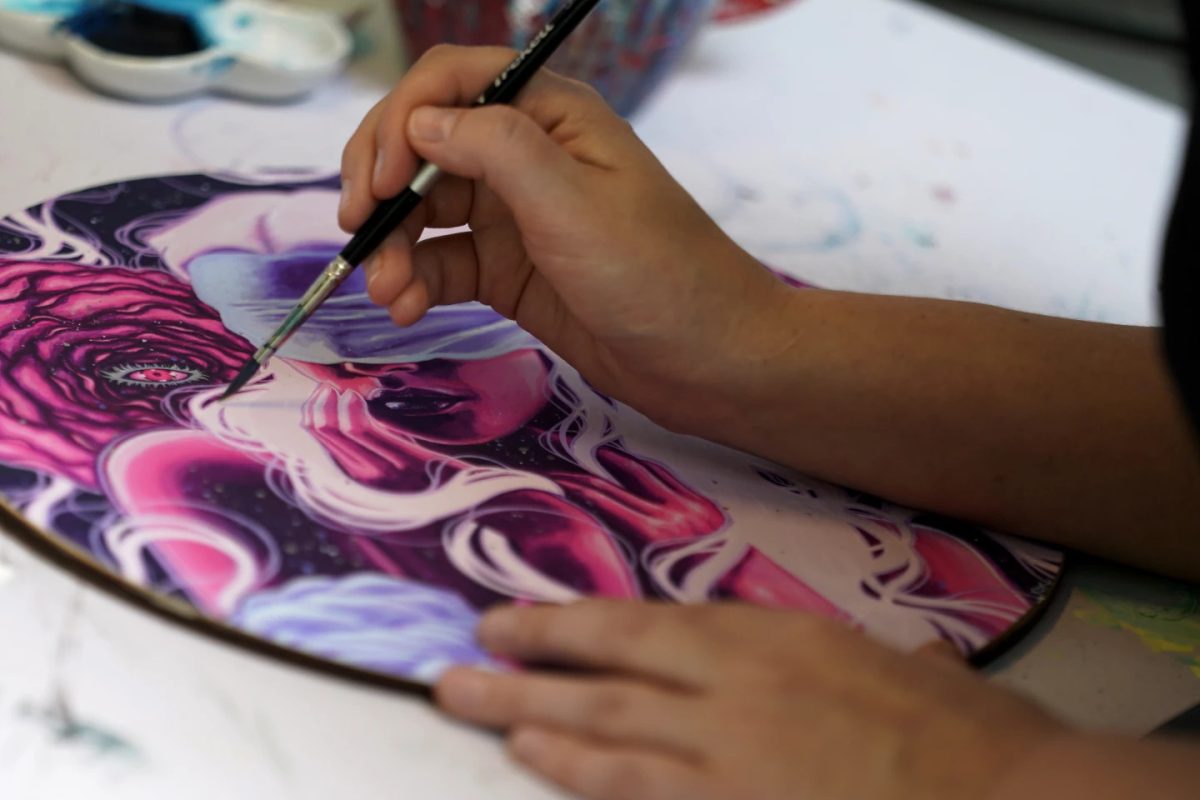There’s a common misconception most millennials and Generation Z are politically inactive in today’s society.
This generalization mainly stemmed from the 2016 presidential election, in which voters had to choose between President Donald Trump and former Secretary of State Hillary Clinton.
Roughly 2.7 million members of Generation Z, 31.3 million Millennials, 35.7 million members of Generation X, 48.1 million Baby Boomers and 19.8 million from the silent generation voted in the 2016 election, according to Pew Research Center.
Generation Z and Millennials lean more democratic than other generations.
Although 55 percent of young Americans voted for Clinton and roughly 33 percent voted for Trump, voter turnout among Millennials was low compared to Generation X, baby boomers and the silent generation because some young adults didn’t support the political ideology of both candidates.
Some young Americans felt both candidates didn’t thoroughly discuss societal and economical issues that specifically affect their group.
Generation Z and Millennials are more liberal and support issues like the legalization of marijuana, same-sex marriage and better free governmental aid in higher education.
Votes among Millennials increased compared to the 2008 presidential election. They cast 18.4 million in that election. Millennials are larger in size than Generation X. The number of the millennial votes will be near or possibly exceed Generation X votes in the 2020 presidential election, according to Pews Research Center.
The ranks of the U.S.’s Millennials are growing faster because of immigration which is due to increased naturalizations. This will eventually cause Millennials to become the largest generation in the electorate, according to Pews Research Center.
The increase in voter turnout among young Americans in the 2016 election compared to the 2008 election eliminates the conception Generation Z and Millennials aren’t involved in politics.
Young Americans, even those who aren’t eligible to vote yet, are willingly participating in political activism because they care about the present political climate we’re in, which can affect their future and their children’s future.
There are several platforms young Americans are using to voice their opinion on social injustices and raise awareness to solve these issues. Many universities have free speech spaces. Countless young people organize marches, protests and rallies. There are numerous non-profit organizations members of Generation Z and Millennials created for young and older people to join.
Social media is the most relevant platform because it allows the other platforms to thrive. With the click of a button, young people can know what political event is occurring locally, nationally or globally.
Young people use this tool to help fix the problems past generations caused and continue to create. Likes and comments imply the effectiveness of current events young people support on real and virtual communities.
Shares show the impacts events have on people which can influence a legislator or political figure to help solve societal problems.
There are many young activists around the world who are sparking change either in their local communities or internationally. Sixteen-year-old Greta Thunberg is a Swedish activist who is gaining worldwide attention for her urgent request world leaders must acknowledge and fight climate change.
Thunberg led global climate strikes from Sept. 20 to 27. Over 7.6 million people participated in the strikes which demanded world leaders to take action and end climate change. She reached out to her followers on social media to join and share the event with their followers, friends, family and acquaintances.
It’s easy to believe that many young people are mute about politics because Generation X, baby boomers and the silent generation have been engaged in it longer. Some of them may think young people find politics boring or are simply uneducated on it.
I urge older generations to take young people who are involved in politics more seriously because our power to create change may be a small wave compared to world leaders, but or passion for change is vast like an ocean.
Jasmine Edmonson is a 21-year-old mass communication junior from Denham Springs, Louisiana.








